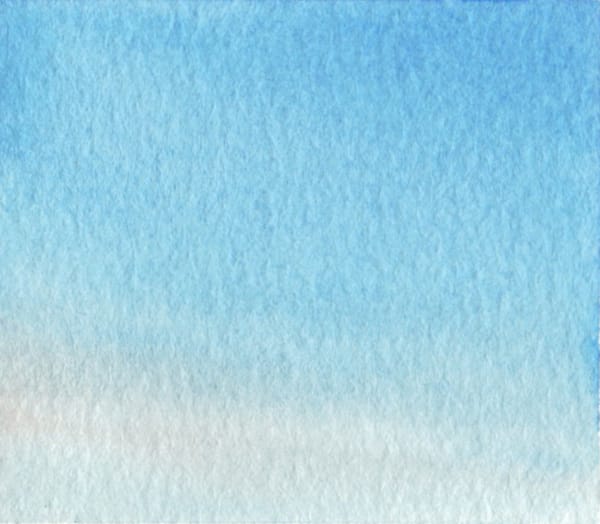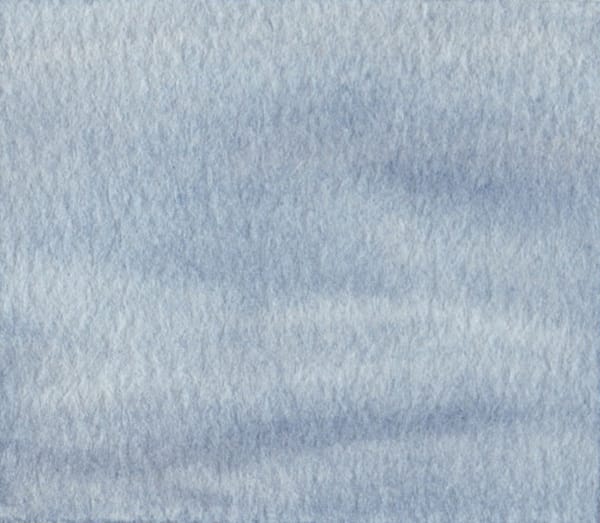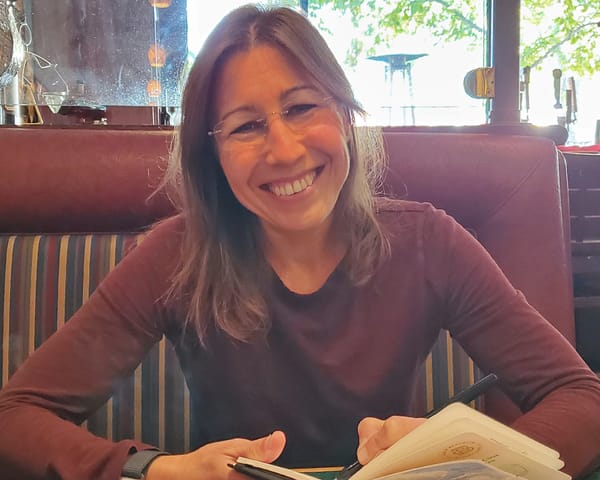Undermining mastery
How learning a new skill is very much — and nothing like — learning how to ride a bike.
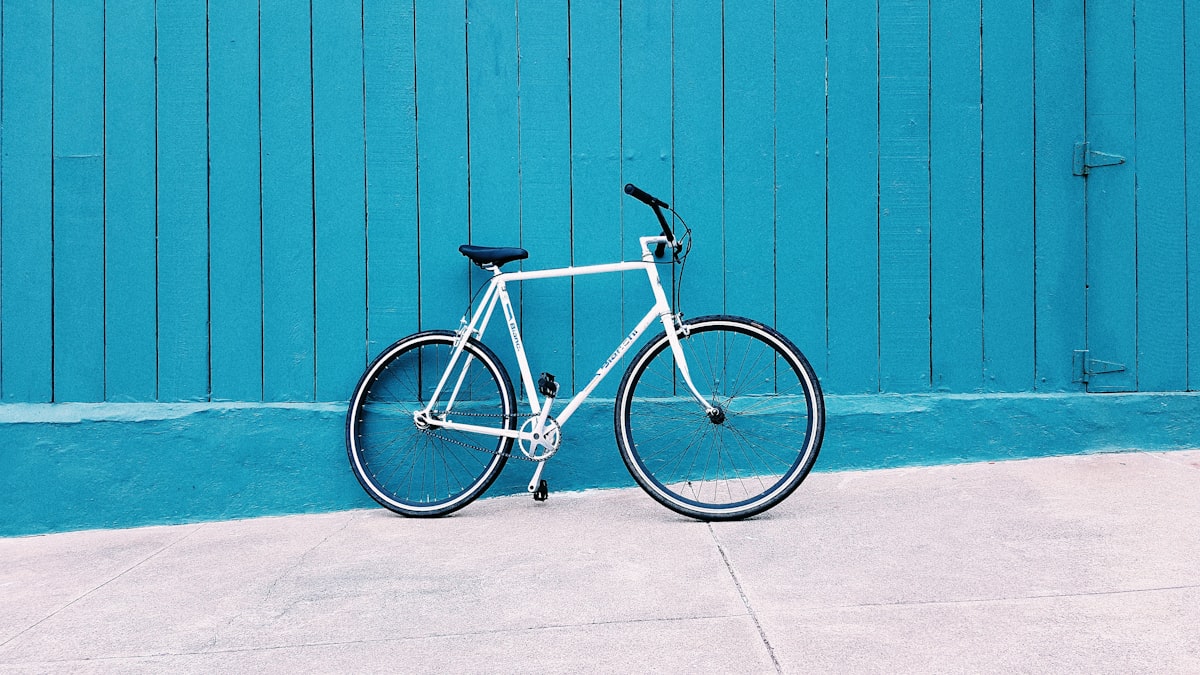
This article originally began with me comparing the process of growing a skill with the process of learning how to ride a bicycle. I wrote, “No matter how many times you watch someone else ride a bicycle, the only way you’re ever going to learn how to ride a bicycle is to ride one yourself. There’s no substitute for experience.”
I thought this was a good analogy for how we can’t fast-forward through the doing part of learning and was going to expand on the idea until I went for a long run and spent a couple miles poking holes in it. The more I thought about growing one’s artistic skills (or any other complex skill) and contrasted this with the near-immediate payoff one receives when learning how to ride a bike, the more I wondered about what causes us to expect “mastery in months” for areas which require many years (or perhaps even a lifetime) of dedication to acquire.
I distilled my thoughts down to two main points:
1. For most skills, there is one aspect of the learning process that I think aligns well with the bike riding analogy (i.e. there’s no substitute for experience), and…
2. The bike riding analogy falls apart as soon as you use it as a baseline for how mastery should work with other skills that do not produce notable, immediate gains (i.e. you’re not seeing the gains you’d like to see, even when you’re practicing lots).
The one way learning a skill is like learning how to ride a bicycle
It doesn’t matter how much instructional content you watch or how many books you read, there’s no substitute for experience. The only way you can develop skills which require muscle memory is to actively engage your mind in conjunction with your body and build these skills through action. There’s no Matrix-style training module into which you can plug your brain; you’re the only one who can gather your experiences, and those experiences can only be gotten by doing.
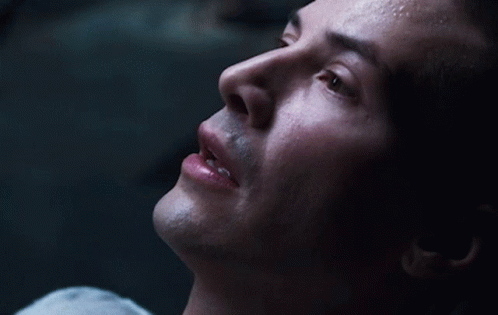
So, why do we forget this principle when it comes to subjects such as art, and what leads us to these types of unrealistic expectations in the first place? I suspect it’s a mix of overconfidence and a cultural conditioning for quick wins.
How learning a skill is nothing like learning how to ride a bicycle
Something incredible happens the moment you learn how to ride a bike: You go from not knowing how to ride a bike to almost immediately knowing how to ride a bike. Sure, the first couple weeks can be a bit touch-and-go, but after that, it’s relatively smooth sailing. From training wheels to wheelies, in the grand scheme of things, it’s a very quick win. You master all the requisite skills for a lifetime of riding and you don’t need to do much else to hone those skills once you’ve gotten a feel for it.
Drawing and painting skills, however, are an entirely different matter. Most artists don’t typically rocket to mastery after putting in only a few weeks’-worth of pencil miles, and even skilled artists can lose their touch if they step away from their practice for too long.
Quick wins obtained while learning certain skills (such as bike riding) can lead us to overestimate our ability to master other skills. This overconfidence can skew our time expectations and lead to frustration when we don’t achieve the gains we’d like within an unrealistically skewed timeframe.
This issue can be exacerbated by an increasing number of resources promising instant results for areas that require a substantial time investment. (Think, “get rich quick” schemes, but with learning). All the results (instantaneously!) but without any of the real work.
Why, I wonder, has this approach become so attractive? (How much of this has been driven by social media and/or the self-inflicted hamster wheel of content creation?) Why do so many shrink from the doing part of the process and when, exactly, did the doing part of creating go out of vogue? Would you sincerely admire another’s creative work if achieving their brilliance was as easy as watching a couple of YouTube videos?
I’m growing increasingly concerned with the rise in demand for on demand and our culture’s obsession with instant gratification. Moreover, I’m concerned with the long-term consequences of this sort of thinking across many other realms as well. It’s a theme I plan to explore more in depth and something I wanted to share with you to think about as you navigate your own creative process.
Where might you be setting unrealistic expectations on yourself and how might you help others who are experiencing similar growing pains to embrace the beauty of growth for the sheer sake of growth? It’s worth a thought, I think.

